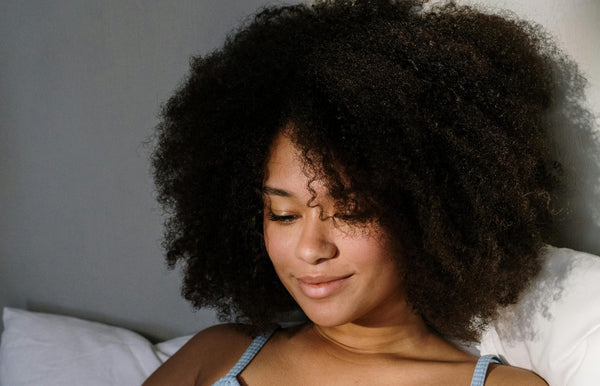August is National Hair Loss Awareness Month: What You Need to Know About Hair Loss

Hair loss is a common problem that affects both men and women. However, hair loss can be more emotionally devastating for women, as hair is often seen as a symbol of femininity. August is National Hair Loss Awareness Month, a time to raise awareness about this condition and to provide support to women who are experiencing hair loss.
There are many different types of hair loss that can affect women. Some of the most common types include:
- Androgenetic alopecia: This is the most common type of hair loss in women. It is also known as male pattern baldness, but it can affect women as well. Androgenetic alopecia is caused by a combination of genetics and hormones.
- Telogen effluvium: This is a type of hair loss that results from a sudden shock to the body, such as a serious illness, surgery, or childbirth. Telogen effluvium usually resolves on its own within 6–12 months.
- Alopecia areata: This is a type of hair loss that is caused by an autoimmune attack on the hair follicles. Alopecia areata can cause patchy hair loss or complete baldness.
- Psoriasis: This is a type of autoimmune disease that causes the skin to become inflamed and scaly. Psoriasis can also affect the scalp, and this can lead to hair loss. The inflammation and scaling on the scalp can damage the hair follicles, which can cause hair to fall out.
There are many different factors that can cause hair loss in women. Some of the most common causes include:
- Genetics: Hair loss can run in families. If your mother or grandmother experienced hair loss, you are more likely to experience it as well.
- Hormones: Changes in hormones, such as those that occur during pregnancy, menopause, or the use of birth control pills, can cause hair loss.
- Medical conditions: Some medical conditions, such as thyroid problems, anemia, and lupus, can cause hair loss.
- Medications: Some medications, such as chemotherapy drugs and blood thinners, can cause hair loss.
- Stress: Stress can trigger hair loss in some people.
Prevention and treatment
There are a number of things that women can do to help prevent hair loss or to help treat hair loss that is already occurring. Some of these include:
- Eating a healthy diet: A healthy diet that is rich in vitamins and minerals can help to keep hair healthy and prevent hair loss. Some important vitamins and minerals for hair health include biotin, iron, and zinc.
- Managing stress: Stress can trigger hair loss, so it is important to find ways to manage stress. Some helpful stress management techniques include yoga, meditation, and exercise.
- Using gentle hair care products: Harsh hair care products can damage hair and make it more likely to fall out. It is important to use gentle hair care products that are free of harsh chemicals.
Takeaway
Hair loss can be a difficult condition to deal with, but there are many things that women can do to cope with hair loss and improve their hair health. Being aware of the causes of hair loss, along with taking steps to help prevent and treat hair loss, are all steps women can take.
If you are concerned about hair loss, talk to your doctor to rule out any medical causes for hair loss. Also, consult a certified trichologist to help. Trichologists are specially trained to treat many causes of hair loss. There is no one-size-fits-all treatment for hair loss. The best treatment for you will depend on the cause of your hair loss and your individual needs.




